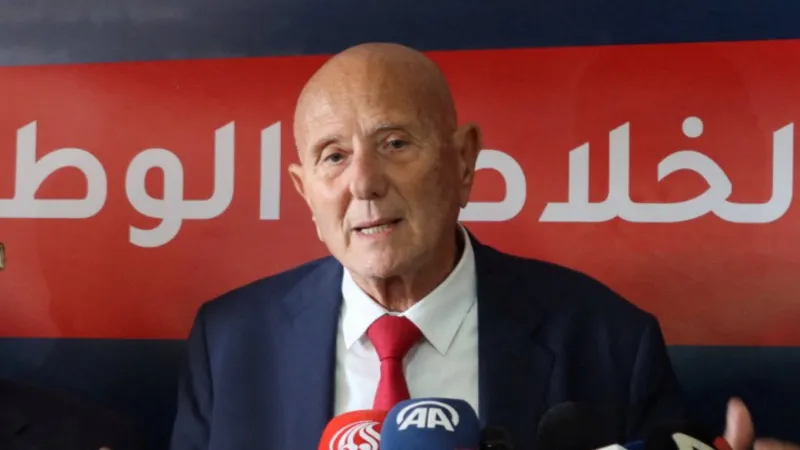In Tunisia, a nation that ignited the spark of the Arab Spring in 2025, the political landscape has taken a troubling turn. Recently, several prominent opposition leaders have been jailed on terrorism charges, raising serious concerns about the state of democracy and political freedoms in this North African country. This article delves into the facts and evidence surrounding these events, shedding light on the implications for Tunisia’s political future.
The Context: Tunisia’s Democratic Aspirations
Since the toppling of longtime dictator Zine El Abidine Ben Ali, Tunisia has been hailed as a beacon of democratic progress in the Arab world. The 2014 Constitution promised legal protections for civil liberties and the establishment of democratic institutions. However, political discontent has simmered, driven by economic challenges and a growing sense of disenfranchisement among various groups.
The Arrests: A Shift in Political Climate
In recent months, the Tunisian government led by President Kais Saied has intensified a crackdown on dissent. Key opposition figures, including members of the Ennahda party, have found themselves ensnared in a legal web of terrorism-related accusations. Prominent figures such as Rached Ghannouchi, the party’s leader and a former Speaker of Parliament, and other influential politicians were arrested under what authorities describe as measures to combat terrorism and bolster national security.
Despite the government’s justification of these arrests as a necessity to maintain order, the evidentiary basis for these terror charges remains ambiguous and contentious. Critics argue that these accusations are politically motivated, aimed at silencing dissent and consolidating power.
Evidence and Reactions: A Divided Society
The charges against opposition leaders often cite vague links to extremist groups or suggest involvement in plots against the state. However, human rights organizations, such as Amnesty International and Human Rights Watch, assert that these claims lack transparent evidence and appear to be fabrications aimed at undermining political opposition.
Tunisia’s civil society has voiced significant concern over these developments. Protests have erupted in various cities, with citizens demanding the release of political prisoners and an end to the repression of free speech. The Tunisian National Instance for the Prevention of Torture reported that several detainees faced harsh conditions, raising alarms about human rights violations.
International Implications: A Fragile Democracy
The international community has reacted cautiously, with Western nations historically supporting Tunisia as a democratic partner in the region. The United States and the European Union have publicly urged the Tunisian government to adhere to democratic principles and respect the rule of law. However, the unfolding situation has strained Tunisia’s relationships with key allies who view these arrests as undermining democratic norms.
The potential ramifications of silencing opposition figures could be profound, fostering an environment of fear and repression that stymies political discourse and innovation. As political tensions rise, the specter of instability looms, threatening to reverse Tunisia’s hard-won democratic gains.
Conclusion: The Path Ahead
The jailing of opposition leaders on terrorism charges marks a dangerous crossroads for Tunisia. As the government continues its crackdown, the resilience of civil society will be tested. The path to a democratic future is fraught with challenges, and the fate of Tunisia’s opposition may ultimately determine whether the nation can uphold its revolutionary ideals or succumb to authoritarianism once again.
This situation serves as a stark reminder that democracy is not merely the absence of tyranny; it requires the continuous struggle for rights, representation, and justice. As Tunisia grapples with these issues, it is imperative for both citizens and the international community to stand firm against the erosion of democracy and to ensure that the voices of dissent are heard and defended.
Email Us on editorial@nnafrica.com













